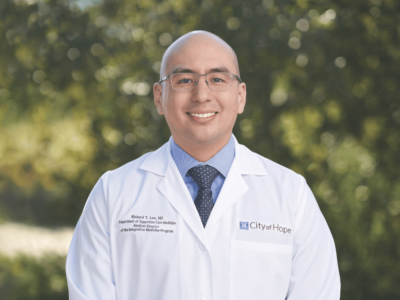The landscape of cancer care is evolving rapidly, with growing recognition that optimal patient outcomes require a whole-person care approach that goes beyond cytotoxic and targeted therapies.
The Stephenson Global Pancreatic Cancer Research Institute and its partner, City of Hope, announced the six inaugural recipients of the Stephenson Scholar Grants, awarding $5.25 million to support high-impact research aimed at transforming the understanding, early detection, and treatment of pancreatic cancer (The Cancer Letter, Sept. 17, 2024).
Dispatch Bio, a company aiming to engineer a universal immunotherapy treatment across solid tumors, announced its official launch.
Geraldine O’Sullivan Coyne was appointed system head of Northwell and principal investigator for the START Center for Cancer Research, a newly established unit at the health system aimed at bringing innovative early stage clinical trials to patients in a community-based cancer center.
NIH has announced it will stop issuing funding opportunities solely dedicated to animal models, but has not published any formal guidance related to the announcement, and researchers are unclear on when or whether further policy materials are to be expected.
Monica L. Baskin joined VCU Massey Comprehensive Cancer Center as deputy director of research.
University of Illinois Cancer Center investigators won a $709,000 grant award from the U.S. Department of Defense Breast Cancer Research Program.
The Lung Cancer Research Foundation announced funding opportunities to advance lung cancer research, including two new Team Science awards and an Early Career Investigator award.
A mother’s mitochondria determines if lactation is protective or not against breast cancer—and points to a possible intervention to increase the benefit to more women, according to a pre-clinical study conducted by researchers from The Tisch Cancer Institute at the Icahn School of Medicine at Mount Sinai.
Unless you were sleeping under a rock, you are aware of the coordinated attacks on Iran’s nuclear facilities by Israel and the United States.










